Java always passes arguments by value NOT by reference.
Let me explain this through an example:
public class Main
{
public static void main(String[] args)
{
Foo f = new Foo("f");
changeReference(f); // It won't change the reference!
modifyReference(f); // It will modify the object that the reference variable "f" refers to!
}
public static void changeReference(Foo a)
{
Foo b = new Foo("b");
a = b;
}
public static void modifyReference(Foo c)
{
c.setAttribute("c");
}
}
I will explain this in steps:
Declaring a reference named f of type Foo and assign it to a new object of type Foo with an attribute "f".
Foo f = new Foo("f");
From the method side, a reference of type Foo with a name a is declared and it's initially assigned to null.
public static void changeReference(Foo a)

As you call the method changeReference, the reference a will be assigned to the object which is passed as an argument.
changeReference(f);
Declaring a reference named b of type Foo and assign it to a new object of type Foo with an attribute "b".
Foo b = new Foo("b");
a = b is re-assigning the reference a NOT f to the object whose its attribute is "b".
As you call modifyReference(Foo c) method, a reference c is created and assigned to the object with attribute "f".
c.setAttribute("c"); will change the attribute of the object that reference c points to it, and it's same object that reference f points to it.

I hope you understand now how passing objects as arguments works in Java :)






